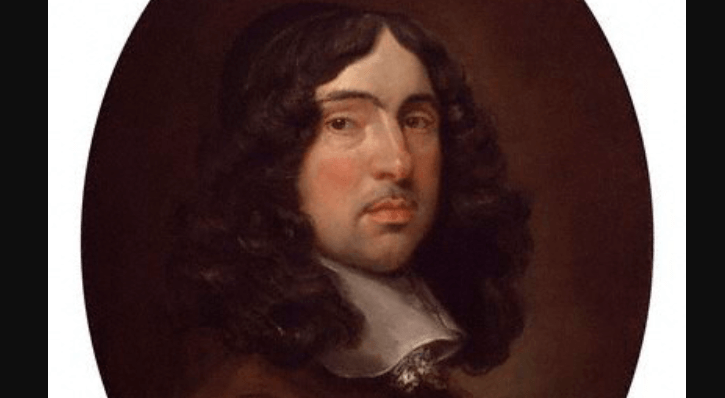Explore the life, works, and poems of Andrew Marvell (1621-1678), an English poet and key member of the metaphysical school. From his early education in Yorkshire to political involvement, his famous poems like “To His Coy Mistress” and “The Garden,” and posthumous political satires, discover the multifaceted legacy of this influential figure in 17th-century literature and politics.

Andrew Marvell; (1621-1678), English poet, who is considered a member of the metaphysical school. Only a few of his poems were published in his lifetime, and he was better known as a political pamphleteer, a friend of John Milton, a supporter of Oliver Cromwell, and a member of Parliament. Marvell was largely neglected until the 20th century, when T. S. Eliot and the New Critics revived interest in his poems, several of which, such as To His Coy Mistress and The Garden, are standardly included in anthologies.
Life:
Marvell was bom at Winestead, Holder-ness, Yorkshire, on March 31, 1621. He attended the grammar school at Hull and graduated from Trinity College, Cambridge, in 1638. After a tour of Europe (1642-1646) he was employed as a tutor—first to the family of the parliamentary general Lord Fairfax at his estate in Yorkshire and then to William Dutton, a ward of Oliver Cromwell, at Eton. In 1657, Marvell was appointed assistant to Milton, who was Latin secretary to the council of state during the Commonwealth. Elected to represent Hull in Parliament, he held office until his death, in London, on Aug. 18, 1678.
Works:
Marvell’s poems are the products of a refined sensibility shaped by classical education and steeped in the conventional genres and forms of the mid-17th century. To His Coy Mistress, his most famous love lyric and a masterful “seduction” poem, combines intricate metaphor, playful imagery, and sardonic wit. In The Garden, originally composed in Latin, Marvell’s theme is the delights of solitude amid the “garlands of repose.” Upon Appleton House, dedicated to Lord Fairfax, and Marvell’s longest poem, is a more deeply philosophical reflection in this vein. The Horatian Ode upon Cromwell’s Return from Ireland, which tempers admiration for Cromwell with respect for Charles I’s dignity while awaiting execution, demonstrates Marvell’s graceful handling of the classical ode. His political satires, issued posthumously as Poems on Affairs of State, are sharply critical of court policies during the reigns of Charles II and James II. Marvell’s collected poems were first published in 1681 and political tracts in 1776.